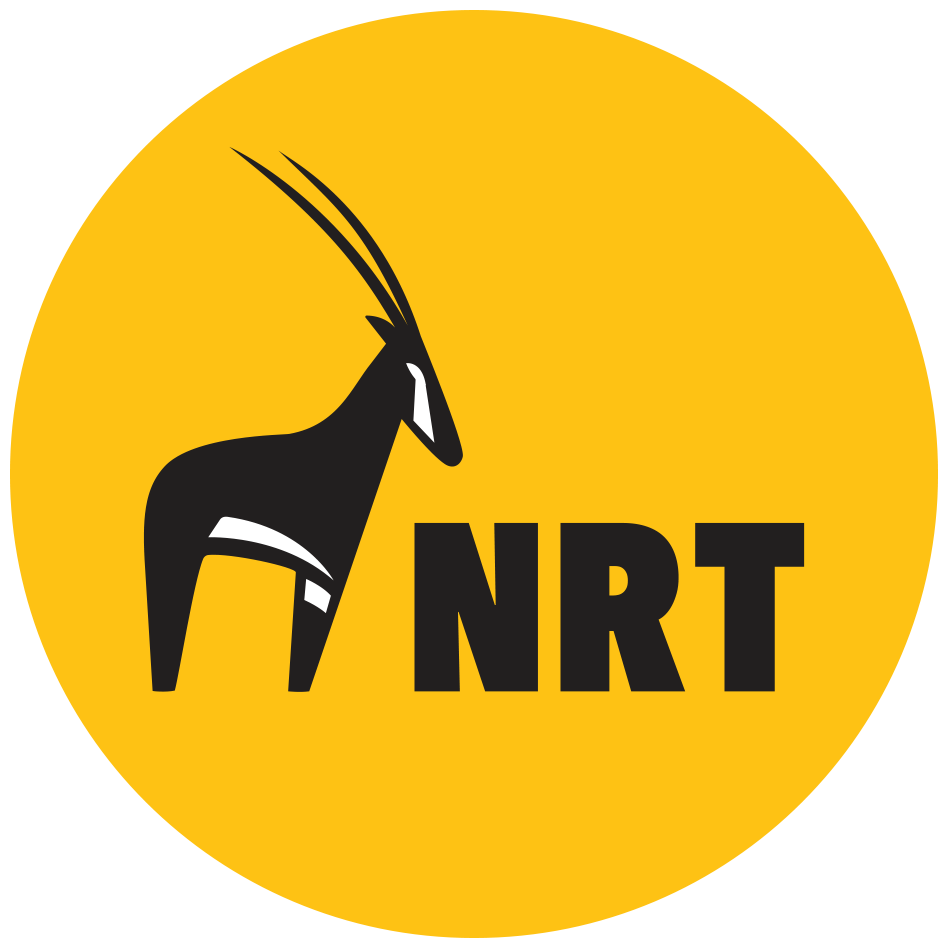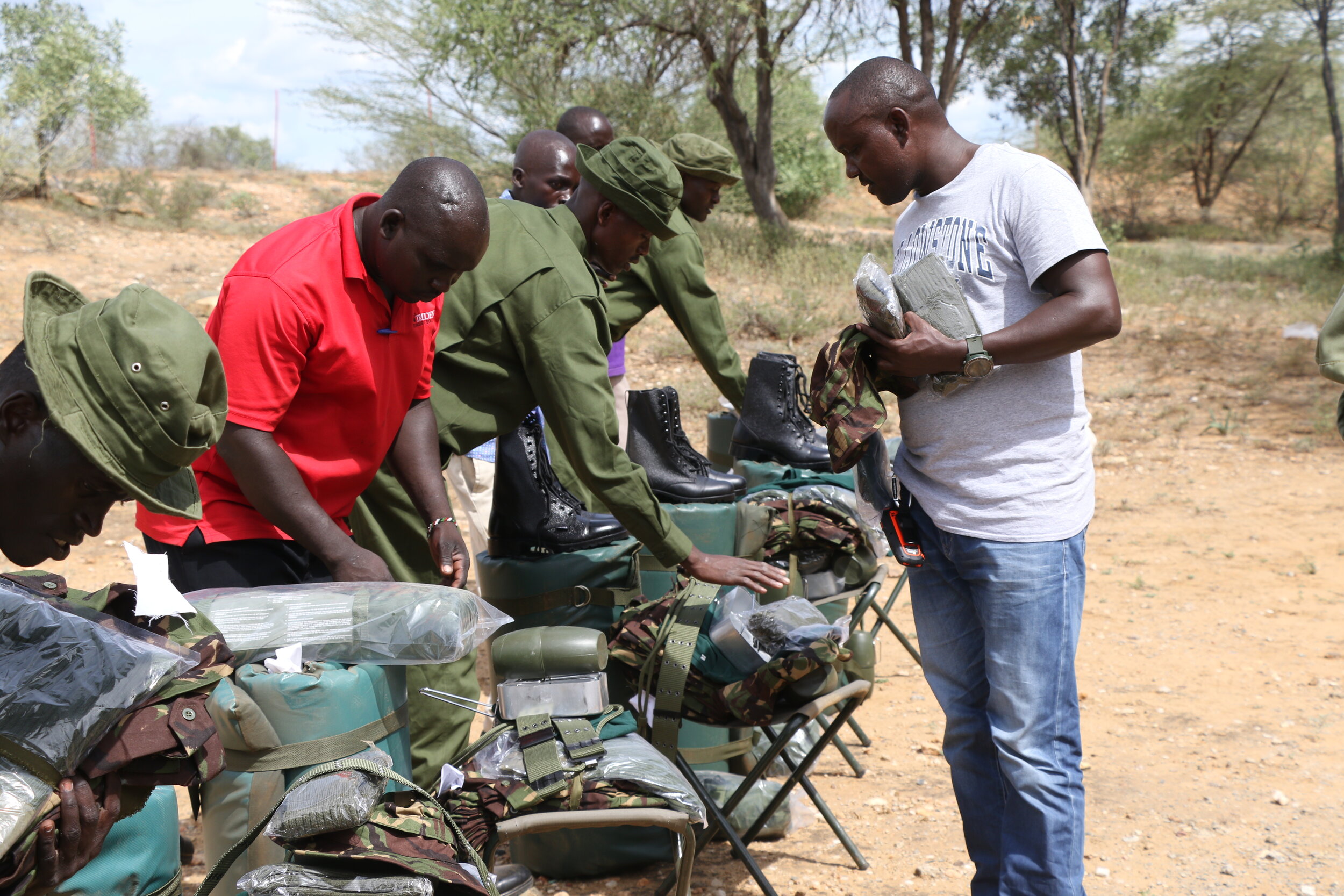Launch of the EU Ustahimilivu Consortium
By Titus Parklea - Communications Officer, Ustahimilivu.
The EU Ustahimilivu Programme, a resilience project supported by the European Union, is set to change the lives of many residents in West Pokot.
Launched in April 2020, the main objective of the Ustahimilivu Programme is to support increased drought and climate change resilience in communities in the ASAL areas of Kenya. Specifically, to enhance food and nutrition security of vulnerable households, especially women and children, and to generate sustainable livelihoods and protect productive assets in West Pokot. It is a partnership between NRT, CEFA (agriculture and water provision), AMREF (health, hygiene and nutrition) E4IMPACT (enterprise and value chain development) and SOMINIREC (peace building and conflict management).
Just three months in, the project is already starting to have impact. Recruitment of the secretariat has been achieved as well as procurement of office space, furniture and project vehicle in West Pokot.
One of the biggest achievements is the establishment of a mobile ranger team, known as 9-6, who will complement the efforts of conservancy rangers, KWS and authorities in conducting anti-poaching patrols, reducing human-wildlife conflict and intertribal conflict. 12 rangers have been recruited from the local area and trained, and salaries, rations, uniforms and camping gear have all been secured. They sit alongside the other NRT 9teams, all of whom are multi-ethnic rapid-response teams.
The reception of the project by the County Government has been tremendous. The Governor H.E Prof. John Lonyang’apuo has assured the 9-6 team of his maximum support and to this end, donated a huge camping tent to the team and solar lighting to be used while on patrols. He has also appointed a specific liaison officer to be the point of contact between his office and the Ustahimilivu secretariat. Governor H.E Prof. John Lonyang’apuo has held several meetings with the secretariat in a bid to get a better understanding of the project, and has visited the 9-6 team in the field.
As with most projects across the world, the Covid-19 pandemic has hindered many aspects of the project to date. Most of the activities set out in the project objectives require trainings before implementation, and with current government restrictions on public gatherings, the Secretariat has had to make use of teleconferencing for meetings. In the case of field work, the secretariat has made sure that masks are available for both the staff and the residents they are meeting. Social distancing has also been observed and sanitizers have provided at all meetings.
In view of this, one of the partners in the consortium, E4Impact was able to carry out a successful rapid assessment in Masol and Pellow conservancies. The purpose of the assessment is to assess the state of rangelands and livestock in the community and what lessons can be learned that may inform implementation, intensification, upscaling, or replication. The findings from the discussions and other sources will constitute a report to be used by the key partners in the implementation of the project.
The areas of focus in the assessment was on rangelands, wildlife, artificial insemination services, beef and dairy livestock, livestock vaccination and livestock insurance. On rangelands, the assessment included finding out if there are existing grazing management plans, grazing by-laws and the main sources of water. On wildlife, if there are any human wildlife conflicts and existing interventions. On AI, the view of the community of the use of artificial insemination, on livestock value chains, it was finding out what the community prefers between beef and dairy cows. On livestock vaccination, it was finding out the common diseases in the area. Finally, on livestock insurance, it was finding out the uptake of the community on it.
Other achievements by the secretariat include procurement for baseline consultancy services that came to an end on 18th June, following a successful bidding process conducted online through NRT website, evaluation done on 12th June and final recommendations from all partners. The process of onboarding has begun. Developed branding and communication guidelines to be shared for approval by EU.






